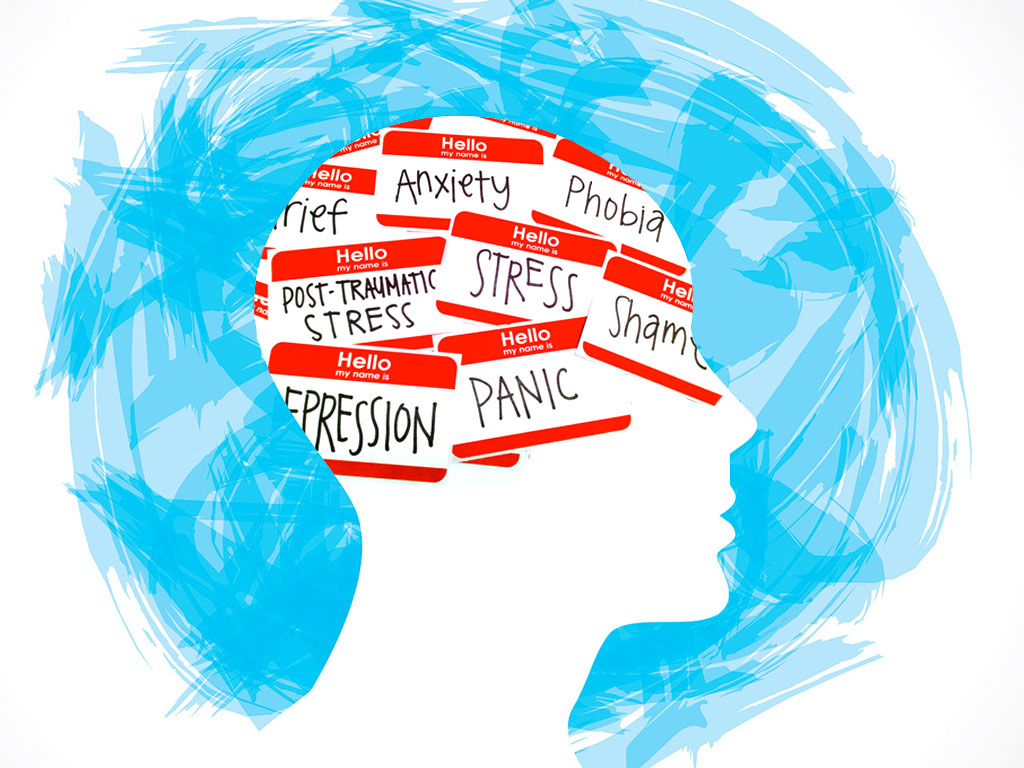Happy Daze: Music and Emotional Regulation
Putting my headphones in during a walk, homework, or even just while I’m relaxing is so natural it seems to be an instinct. Going for rides in the car just wouldn’t be the same without Khalid’s “Free Spirit” playing and being able to sing to my favorite songs at the top of my lungs, warming up before a soccer game in highschool without Eminem’s “Cinderella Man” would probably lead to a pretty lazy game from myself, and I have to say it would be pretty hard to cheer up sometimes without listening to Camila Cabello’s “Havana.” Music is an important aspect of the lives of many, so understanding the effects music has on emotion has proven to be a significant topic in psychology.
Sharam Heshman, PhD, writer for Psychology Today claims that uplifting music has a biological reason for boosting mood. Dopamine, a neurotransmitter that elicits a happy feeling is released in the presence of “happy music”. Targeting the same pleasure center as food and sex targer, this also has the impact of relieving stress and diminishing undesirable feelings.
This feeling is also unique to humans, as music listening impacts the newer, emotional-regulation section of our brains, the neocortex. Interestingly, studies show that people who continuously listen to music and have a positive response have a stronger connection between the white matter, where nerve fibers that send electrical messages are located, of the auditory cortex and the emotional processing center.
Have you ever listened to a song and it brings you back to an exact time and place? Memories are also connected to song and elicit an emotional response. Listening to music requires activation of the brain, which promotes stronger connections between axons of the brain, creating stronger memories. Finally, the concept of emotional mimicry is at play during song listening. The listener will mimic the emotions being displayed in the song.
Siena Storozynsky 22’ claims, “I’m not a huge music person, but when I’m upset I rely on it and I think that shows how much music helps me cope with my emotions. Music also helps me during studying while I listen to the “All the Feels” playlist on spotify. It helps me focus and ease my anxiety that I feel from studying for tests or completing assignments. Also, one of my favorite things to do is to just drive around aimlessly at night with friends blasting music. Going to the gym has previously posed a concern as I get gym anxiety, but the best way for me to overcome this is again by listening to music. Yeah, I’d say music has a bigger impact on my life than I thought.”
Listening to music undoubtedly elicits an emotional response, which can aid in caring for your mental health. You don’t always have to listen to music because you’re happy, be happy because you listen to music!



